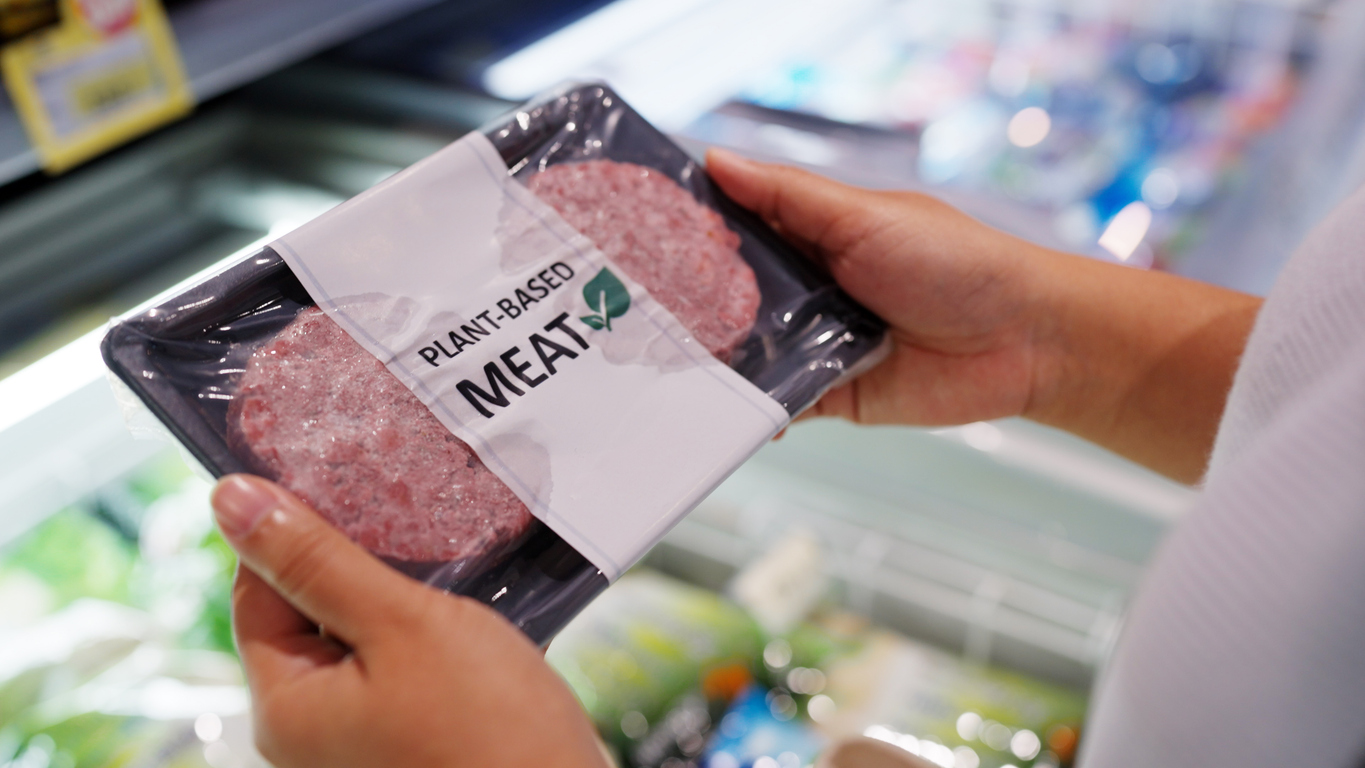In 2025, food manufacturing is set to experience transformative trends driven by consumer demand for healthier options, sustainability initiatives, and advanced technology integration. These shifts offer new opportunities for food manufacturers while presenting unique challenges in risk management. With these trends in motion, securing food manufacturing insurance is essential to help mitigate emerging risks as the industry evolves.
Sustainable Production and Supply Chain Transparency
Sustainability has become a core value for both consumers and producers. Research shows that revenue from sustainable products is increasing roughly six times faster than that of other products. Additionally, half of consumers are open to paying more for items that positively impact social and environmental aspects of the supply chain.
Practices like regenerative agriculture, reduced plastic packaging, and zero-waste initiatives are gaining traction, with an increasing demand for supply chain transparency. Companies prioritizing eco-friendly sourcing must consider the potential for supply chain disruptions due to climate change or regulatory pressures.
As companies navigate green initiatives, managing risks such as raw material shortages and compliance with environmental standards becomes crucial for business resilience. The shifts also underscore the need for environmental liability insurance and coverage against supply chain interruptions to safeguard business operations.
Growth of Alternative Proteins and Nutraceuticals
The alternative protein sector, including plant-based and lab-produced meat, is projected to grow significantly, aligning with consumer interest in health and sustainability. Additionally, nutraceuticals — foods and beverages fortified with health benefits like vitamins or probiotics — are becoming mainstream as people prioritize wellness through diet.
However, these innovative products come with specific risks, such as product recalls due to potential allergens or mislabeling. For companies venturing into this space, insurance solutions such as product liability coverage are essential to protect against risks in this emerging field.
Technology Integration and Automation in Manufacturing
Food manufacturers increasingly rely on advanced technology like artificial intelligence (AI), robotics, and blockchain to streamline production, enhance quality control, and improve traceability.
IBM Food Trust, for instance, employs blockchain technology integrated with AI to boost food safety and product traceability, enabling real-time tracking of food items from farm to table. AI algorithms analyze data from various points in the supply chain to detect potential risks and anomalies, helping prevent safety issues before they escalate. This level of transparency allows consumers to verify product origins and safety standards, but as these digital processes expand, they also introduce cyber and operational risks.
As food production becomes more digital, securing cyber liability insurance to guard against potential data breaches and equipment breakdown coverage for machinery failures is essential. The integration of automation tools can expose manufacturers to risks of prolonged downtimes or even legal claims if safety standards aren’t met. Preparing with the right insurance offers a financial cushion, ensuring stability in the face of technology-driven challenges.
Personalized Nutrition and Consumer Data
Personalized nutrition is on the rise, with manufacturers creating customized food products based on individual health needs, dietary restrictions, or lifestyle choices. This trend not only involves adapting recipes but also requires the handling of sensitive consumer data. For instance, DNA-based diet plans and AI-driven personalization platforms rely heavily on secure data collection and storage.
Given the sensitivity of health-related data, having robust data security and liability insurance is essential. With data privacy regulations tightening globally, food manufacturers must ensure they meet compliance standards to avoid costly penalties. Coverage that addresses data privacy and liability will help protect companies against the financial risks tied to data breaches or misuse.
Insuring Against Tomorrow’s Risks in Food Manufacturing
With these trends reshaping food manufacturing, companies need forward-thinking insurance coverage that aligns with industry demands. Proactive planning, along with tailored food manufacturing insurance and coverages, can address the unique risks associated with sustainability, technological integration, and personalized consumer preferences.
To prepare for these challenges, food manufacturers should consult with a knowledgeable insurance broker. Get a quote today to ensure that your business is equipped for tomorrow’s opportunities and uncertainties.
About BTC Insurance Services
Founded in 2011, BTC Insurance Services has proudly served Utah businesses with comprehensive and custom-tailored insurance coverages for a decade. We pride ourselves on fostering long-term client relationships with a personalized and hands-on approach and have established a reputation built on quality and transparency. For more information about our products and services, we invite you to contact one of our reputable agents today at (855) 944-3457 or send us a message here.



